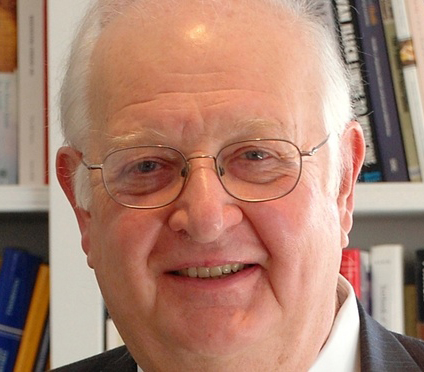-
Tips for becoming a good boxer - November 6, 2020
-
7 expert tips for making your hens night a memorable one - November 6, 2020
-
5 reasons to host your Christmas party on a cruise boat - November 6, 2020
-
What to do when you’re charged with a crime - November 6, 2020
-
Should you get one or multiple dogs? Here’s all you need to know - November 3, 2020
-
A Guide: How to Build Your Very Own Magic Mirror - February 14, 2019
-
Our Top Inspirational Baseball Stars - November 24, 2018
-
Five Tech Tools That Will Help You Turn Your Blog into a Business - November 24, 2018
-
How to Indulge on Vacation without Expanding Your Waist - November 9, 2018
-
5 Strategies for Businesses to Appeal to Today’s Increasingly Mobile-Crazed Customers - November 9, 2018
Angus Deaton Receives 2015 Nobel Prize for Economics
On Monday, Angus Deaton from the Princeton University won the Nobel Prize in economics for his extraordinary work that helped redefine the way poverty is actually being measured across the world, particularly in India.
Advertisement
Those contexts include climate change and politics, Deaton said in a later news conference at Princeton University, where he is professor of economics and global affairs.
“More than anyone else, Angus Deaton has enhanced the understanding of individual consumption choices”, which is crucial to design economic policy that promotes welfare and reduces poverty, according to the official statement.
Since the Nobel economics prize was first awarded in 1969, the University of Chicago has dominated, producing 12 Nobel-winning economists.
Deaton, 69, has spearheaded the use of household survey data in developing countries, especially data on consumption, to measure living standards and poverty, the academy said.
In an interview Monday, Deaton said he had focused on the developing world because “there’s a real moral urgency to understanding how people behave and what we should or might be able to do about it”.
Answering questions at the press conference after the announcement, Deaton said he was “surprised and delighted” to win the prize.
Deaton who holds United States and British dual citizenship said he was pleased to have the award and was happy that the committee chose to award work that concerns the poor people of the world.
Advertisement
Professor Deaton’s work on demand systems came about after a number of economists in the 1960’s and 1970’s found that existing models did not accurately predict how demand varied with prices and incomes. It was not part of the original group of awards set out in dynamite tycoon Nobel’s 1895 will.




























